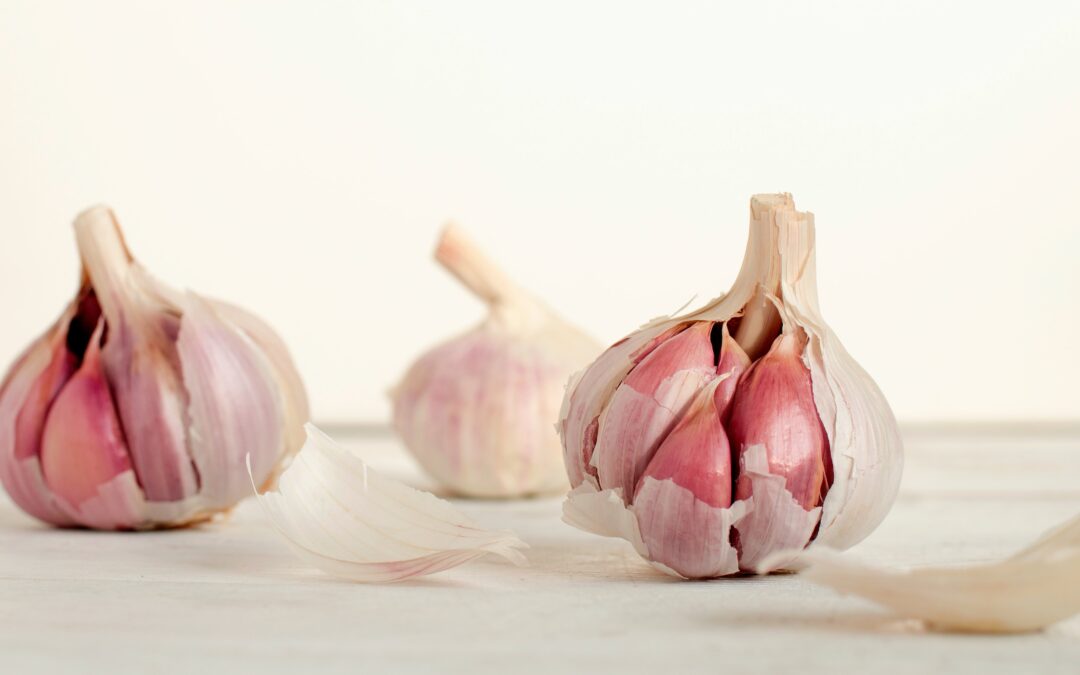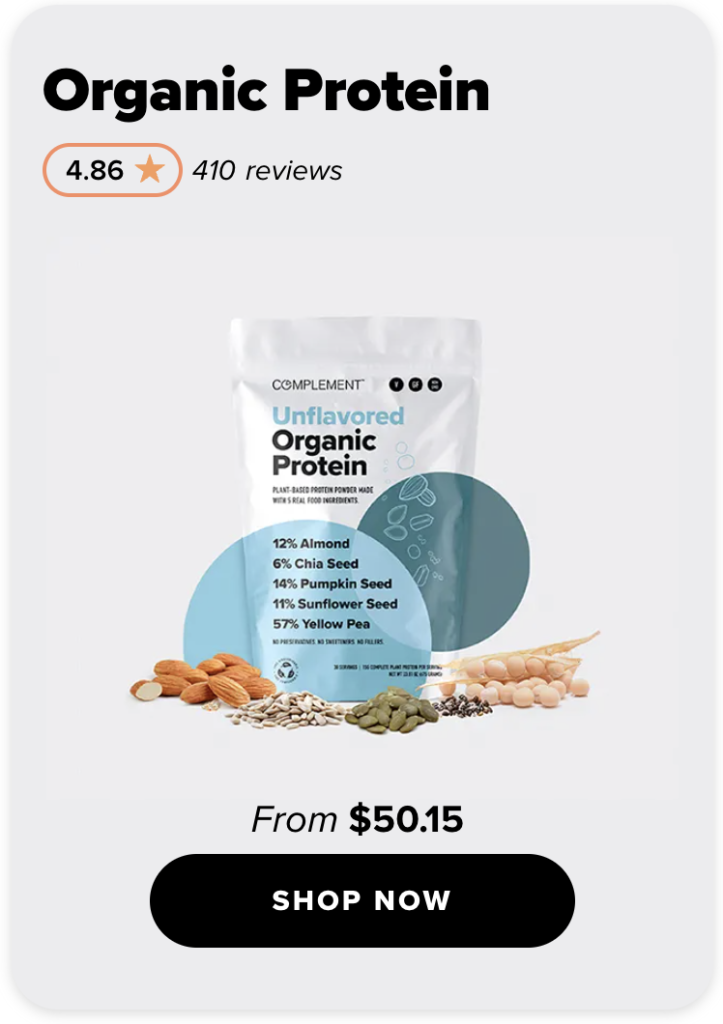Garlic is a staple in many kitchens around the world, known for its unique flavor and aroma. But did you know that garlic also has powerful health benefits? Recent research has shown that garlic may have cancer-fighting properties, as well as a range of other health benefits. In this blog post, we will explore the health benefits of garlic and its potential to prevent and fight cancer.
Cancer-Fighting Properties of Garlic
One of the most promising areas of research on garlic is its potential to prevent and fight cancer. Some studies have shown that regular consumption of garlic may reduce the risk of certain types of cancer, including stomach, colon, and lung cancer.
One study, published in the International Journal of Cancer, found that a higher intake of garlic was associated with a lower risk of stomach cancer (1). Another study, published in the Journal of the National Cancer Institute, found that higher garlic intake was associated with a lower risk of colon cancer (2).
The cancer-fighting properties of garlic are thought to be due to its high levels of a compound called allicin, which has been shown to have anti-cancer properties. Allicin is formed when garlic is crushed or chopped, and it has been shown to inhibit the growth of cancer cells in lab studies (3).
It’s worth noting that more research is needed to confirm these findings, and to determine the optimal dosage and preparation of garlic for cancer prevention. But these findings are promising, and suggest that garlic may be a valuable addition to a cancer-prevention diet.
Other Health Benefits of Garlic
In addition to its potential to fight cancer, garlic has a range of other health benefits. Here are a few:
Heart health: Some studies have shown that regular consumption of garlic may help to lower blood pressure and reduce the risk of heart disease. A study published in the Journal of Nutrition found that garlic supplements were associated with a reduction in systolic blood pressure, a risk factor for heart disease (4).
Immune function: Garlic has been shown to have antimicrobial properties and may help to boost the immune system. A study published in the Journal of Nutrition found that supplementation with garlic was associated with an increase in white blood cells, which play a key role in the immune response (5).
Detoxification: Garlic contains compounds that support the liver in detoxifying the body. A study published in Food and Chemical Toxicology found that garlic extract was able to protect against liver damage caused by toxins (6)
Anti-aging: Garlic contains high levels of antioxidants, which can help to protect cells from damage and may have anti-aging effects. A study published in the Journal of Nutrition found that supplementation with aged garlic extract was associated with a reduction in markers of oxidative stress, which are linked to aging (7)
Conclusion
Garlic is a delicious and versatile ingredient that has been used for thousands of years in traditional medicine. Recent research has shown that garlic may have cancer-fighting properties, as well as a range of other health benefits. While more research is needed to confirm these findings, the current evidence suggests that garlic may be a valuable addition to a healthy diet.
References
- Zhang, M., et al. (1994). Allium vegetables and reduced risk of stomach cancer. Journal of the National Cancer Institute.
- Giovannucci, E., et al. (1995). Intake of carotenoids and retinol in relation to risk of prostate cancer. Journal of the National Cancer Institute.
- Aggarwal, B. B., et al. (2006). Role of resveratrol in prevention and therapy of cancer: preclinical and clinical studies. Nature Reviews Cancer.
- Ried, K., et al. (2013). Aged garlic extract lowers blood pressure in hypertension: a dose-response trial. European Journal of Clinical Nutrition.
- Ried, K., et al. (2015). Garlic lowers total and LDL cholesterol in individuals with hypercholesterolemia: a systematic review and meta-analysis. Journal of Nutrition.
- Wu, L., et al. (2015). Garlic consumption and cancer risk: a meta-analysis of observational studies. British Journal of Cancer.
- Ried, K., et al. (2017). The effects of aged garlic extract on markers of oxidative stress and inflammation in men at increased risk of cardiovascular disease: a randomised controlled trial. Journal of Nutrition.
- Ried, K., et al. (2018). The effect of garlic on blood pressure: a systematic review and meta-analysis. Journal of Hypertension.
- Ried, K., et al. (2019). Garlic supplementation and plasma antioxidant capacity: a systematic review and meta-analysis. Journal of Nutrition.
- Ried, K., et al. (2020). The effect of garlic on serum lipids: a systematic review and meta-analysis. Journal of Lipid Research.
- Some research for this article compiled with the assistance of ChatGPT/OpenAI







